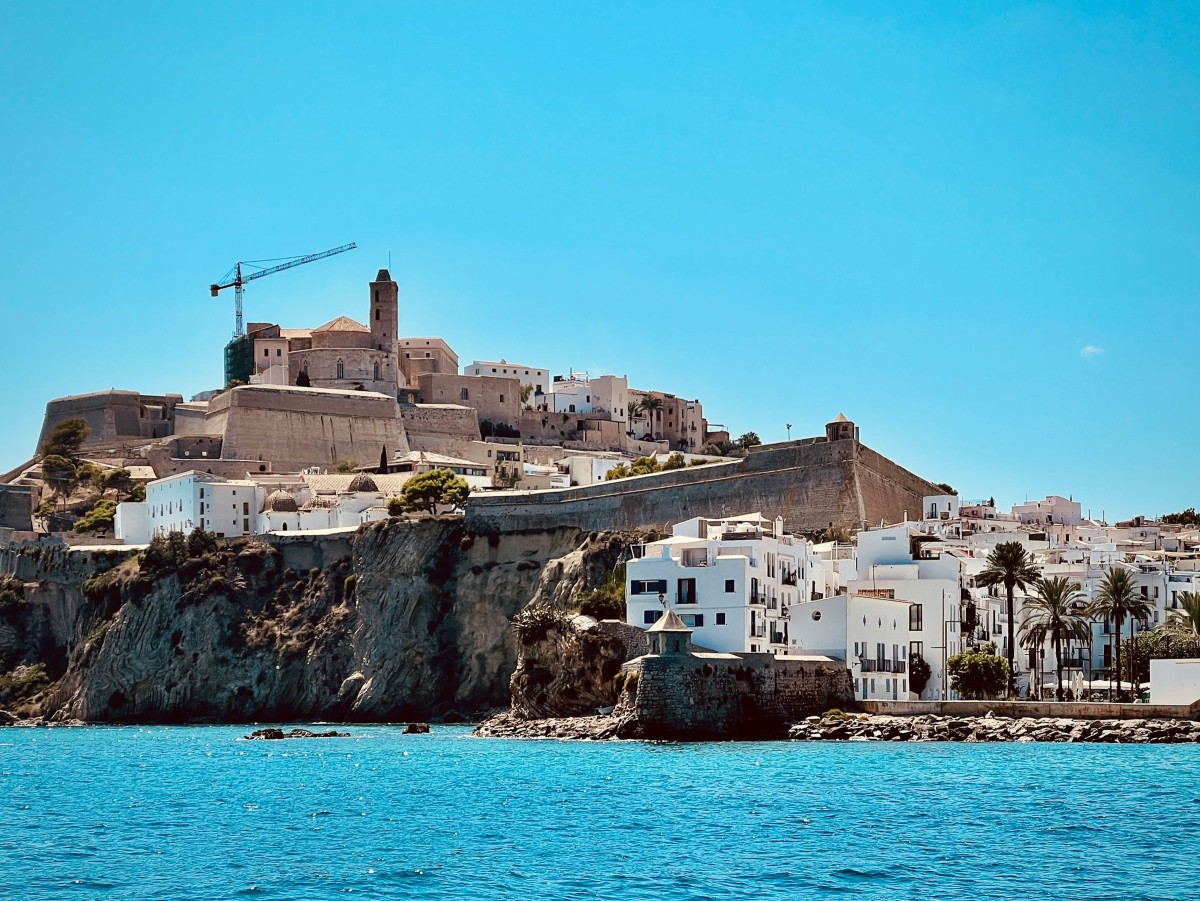
The Balearic Islands Government intends to approve the decree on tourism containment measures at the upcoming Governing Council this Friday. The initially proposed increase in the Sustainable Tourism Tax (ITS) will not be included in the decree.
This was announced on 9 April by the President of the Regional Government, Marga Prohens, following her remarks to the media after signing the agreement with the unions at the regional government's Public Employee Negotiation Committee.
Prohens confirmed that work on the tourism containment decree is ongoing, with negotiations with Vox still in progress. The aim is for the decree to be approved at the next Governing Council meeting.
"It's in the final stages and, in principle, will be approved this week," said Prohens, expressing confidence that it can be ratified by Parliament "as soon as possible."
Among the measures, at the request of Santiago Abascal's party, which opposed any tax increases, the initially proposed rise in the Sustainable Tourism Tax (ITS) will not be included.
The tax was originally set to be eliminated in January and February, with an increase of between 66% and 200%, depending on the type of establishment, during June, July and August.
"We presented a comprehensive proposal, which is what the PP believes in and considers optimal, and which also included two fiscal measures that we regard as necessary. We considered it yesterday, we consider it today and we will continue to consider it tomorrow," he emphasised.
The government's priority, he noted, was to push through this tourism decree before the start of summer, for which they needed to "secure the votes" in their minority position in Parliament.
In this context, he explained, they found themselves in a situation where "the only political party willing to support this decree" was Vox, which imposed certain conditions, such as "excluding fiscal measures."
When asked about the possibility of reopening negotiations with left-wing parliamentary groups to implement the increase in the ITS, Prohens simply stated that they would proceed "initiative by initiative and project by project." "We'll close this one first and then we'll see," she conceded.
Regarding why the negotiations to approve and validate the tourism control measures decree were held with Vox rather than the opposition, the president explained that Santiago Abascal's party shares "the most points of the government programme."
Tourist rentals and illegal offers
The decree, Prohens noted, will include a ban on new tourist beds in multi-family buildings and the possibility of the 90,000 existing beds, for which no payment was made at the time, becoming part of the pool and being exchanged.
"I want to be very clear about these 90,000 beds, which are not new. The Socialist Party government provided them during the last term; they are 90,000 legal beds, with acquired rights for their owners," she clarified. This measure, she asserted, had been requested by a large number of municipalities across the Balearic Islands.
"Not a single additional bed is being taken up. When we talk about containment, we’re talking about containment, not about degrowth, which we have always rejected," she added.
Within these temporary pools, she explained, each island council will have the authority to set the maximum number of beds. "They are created to allow for an exchange of beds without any increase. Some councils may end up with fewer beds or redistribute them differently," she noted.
In any case, she asserted that this measure honours the Government's commitment "to not shut down economic activity and to cease applying interventionism to the main economic engine." This does not, at least on a technical level, mean that the moratorium imposed by the previous administration has been lifted, she clarified.
Beyond the ban on new beds in multi-family homes, Prohens emphasised that the decree will also introduce new measures to combat illegal holiday rentals, including increased penalties and greater collaboration between city councils and local police.
Additionally, the regional president announced that €20 million from the ITS funds will be allocated to the island councils to hire more inspectors and provide them with better resources to wage a "no-holds-barred war" against illegal rentals.
The regional president also addressed the conversion of obsolete accommodations to facilitate the renovation of the hotel industry, calling it "the biggest tourism revolution, if not the only one, in recent years."
"We're working towards modernising the destination, enhancing supply to influence demand, which is exactly what this decree aims to achieve. Who shared our perspective? Vox, and I'm pleased that we could finalise this agreement," she summarised.
However, she did not clarify whether this agreement opens the door for new negotiations with Abascal's party on matters such as the approval of new regional budgets. "As I've said from the outset, when there are any updates on the budget issue, I will be the first to inform you," she concluded.
Cross accusations
After the initial details of the forthcoming decree on containment measures, particularly those related to holiday rentals, were revealed, the Mallorca Hotel Business Federation (FEHM) and the Tourist Rental Housing Association (Habtur) traded accusations regarding their respective roles in the housing issue.
Prohens refrained from commenting on the positions of the two employer associations, emphasising that each should defend its own interests. "I believe we should all be able to coexist. Within this tourism model, there must be benefits for everyone, especially for the citizens," she said.
Mallorcan hoteliers were particularly critical of the government, arguing that it had missed a "golden opportunity" to remove holiday rental properties from circulation and return them to residential use.
The president reassured that discussions with the FEHM and other sectors have been ongoing. "There are many proposals from hoteliers that are also incorporated into this decree, but the Government then has parliamentary negotiations and makes its decisions," she explained.
"Economic sectors must defend their specific interests, and my responsibility as president of the Government is to protect the general interest. And I am very comfortable with that," she concluded.